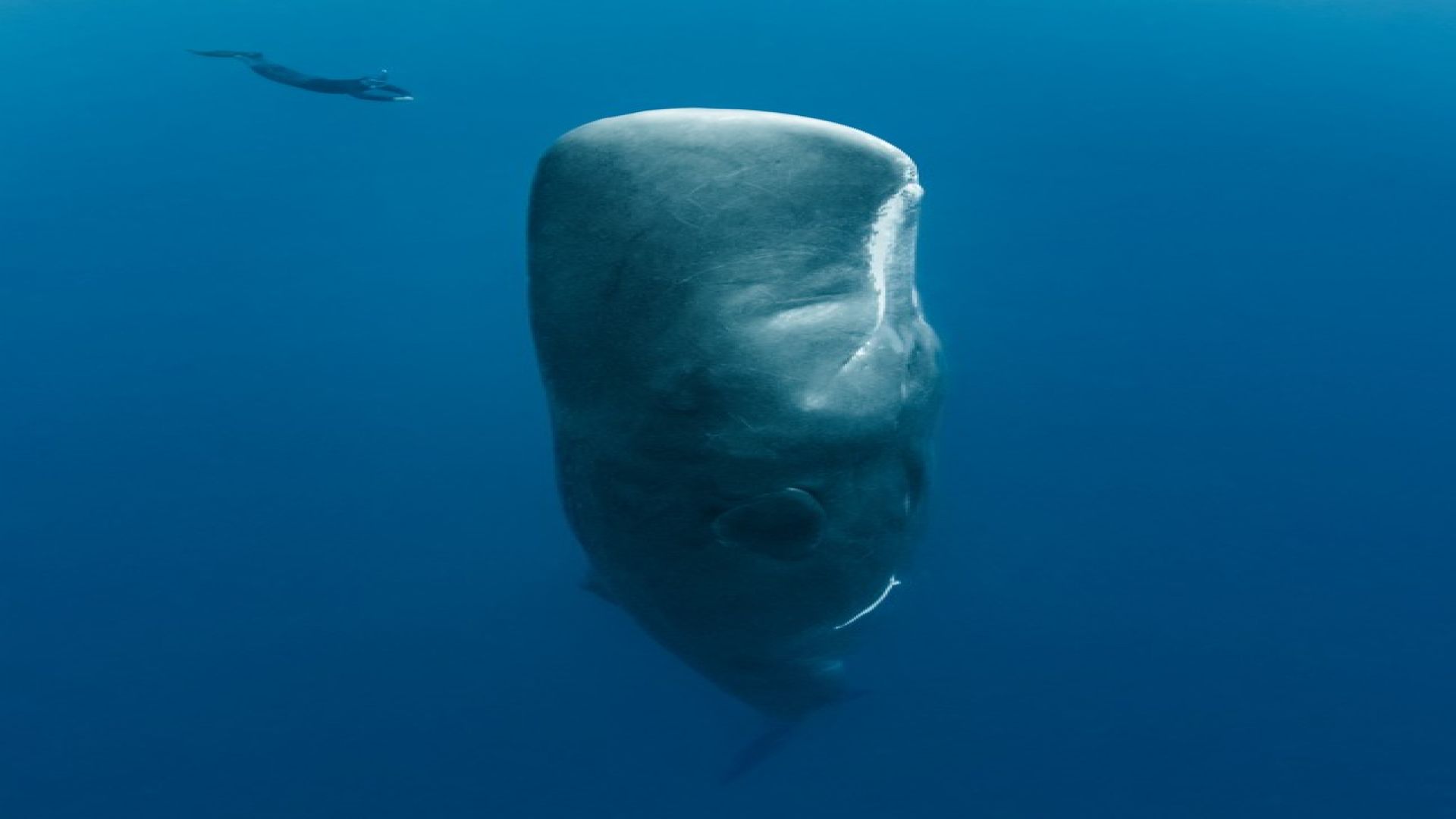In Ross Andersen's thought-provoking article, he explores the intriguing possibility of humans communicating with sperm whales, the largest-brained animals on Earth. Andersen introduces Project CETI, an ambitious endeavor led by biologist David Gruber, aiming to decode the intricate language of sperm whales using advanced technology such as artificial intelligence. Sperm whales exhibit complex social structures and communication systems, using clan-specific dialects of click sequences called codas. Andersen discusses the potential for humans to initiate a dialogue with these majestic creatures and the ethical considerations surrounding such an endeavor. He interviews a diverse array of experts, including marine biologists, philosophers, and linguists, to contemplate the implications of communicating with sperm whales. While some advocate for respectful observation without interference, others envision meaningful exchanges focused on understanding and improving the whales' lives.
Andersen delves into the technical challenges of deciphering whale language and the philosophical questions surrounding interspecies communication,e highlighting the uncertainty surrounding the whales' cognitive abilities and the potential limitations of their communication systems. Throughout the article, Andersen imagines various scenarios for how a dialogue with sperm whales might unfold, emphasizing the importance of empathy, caution, and respect for these intelligent beings. Ultimately, Andersen's exploration of first contact with whale civilization prompts readers to ponder the profound implications of communication across species boundaries and the complexities of understanding and coexisting with other forms of life on Earth.


